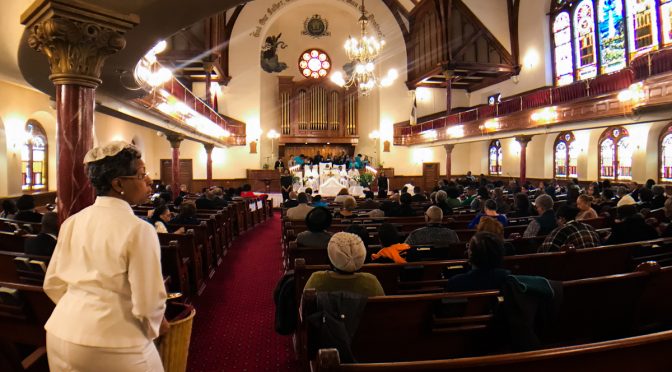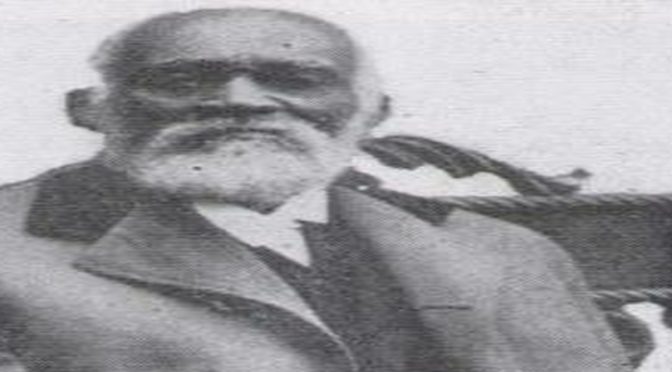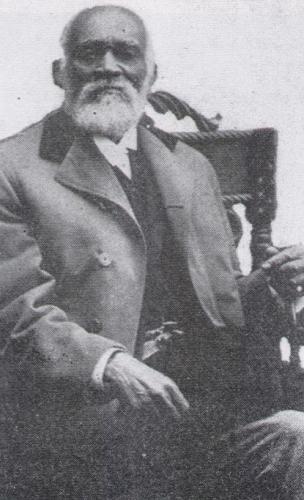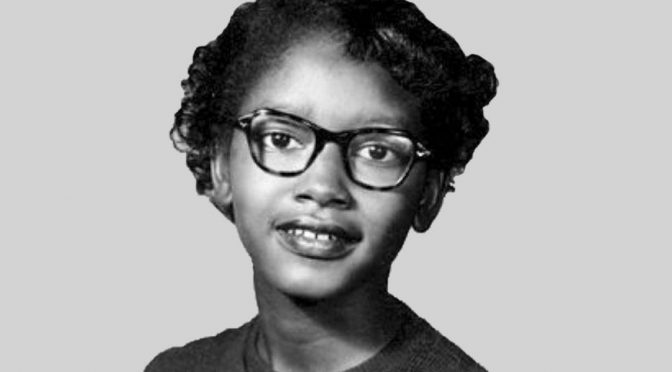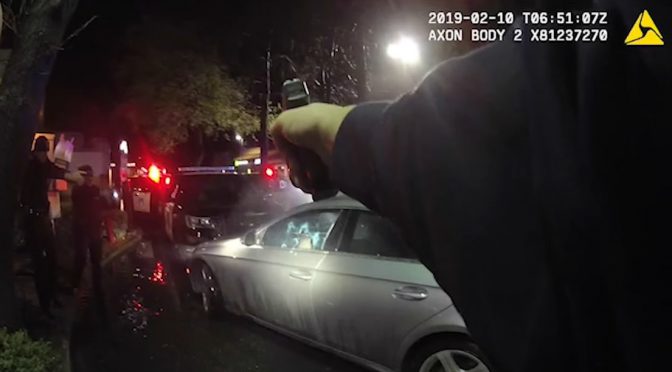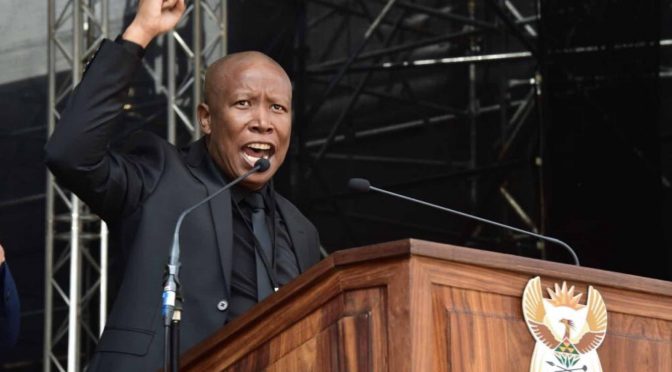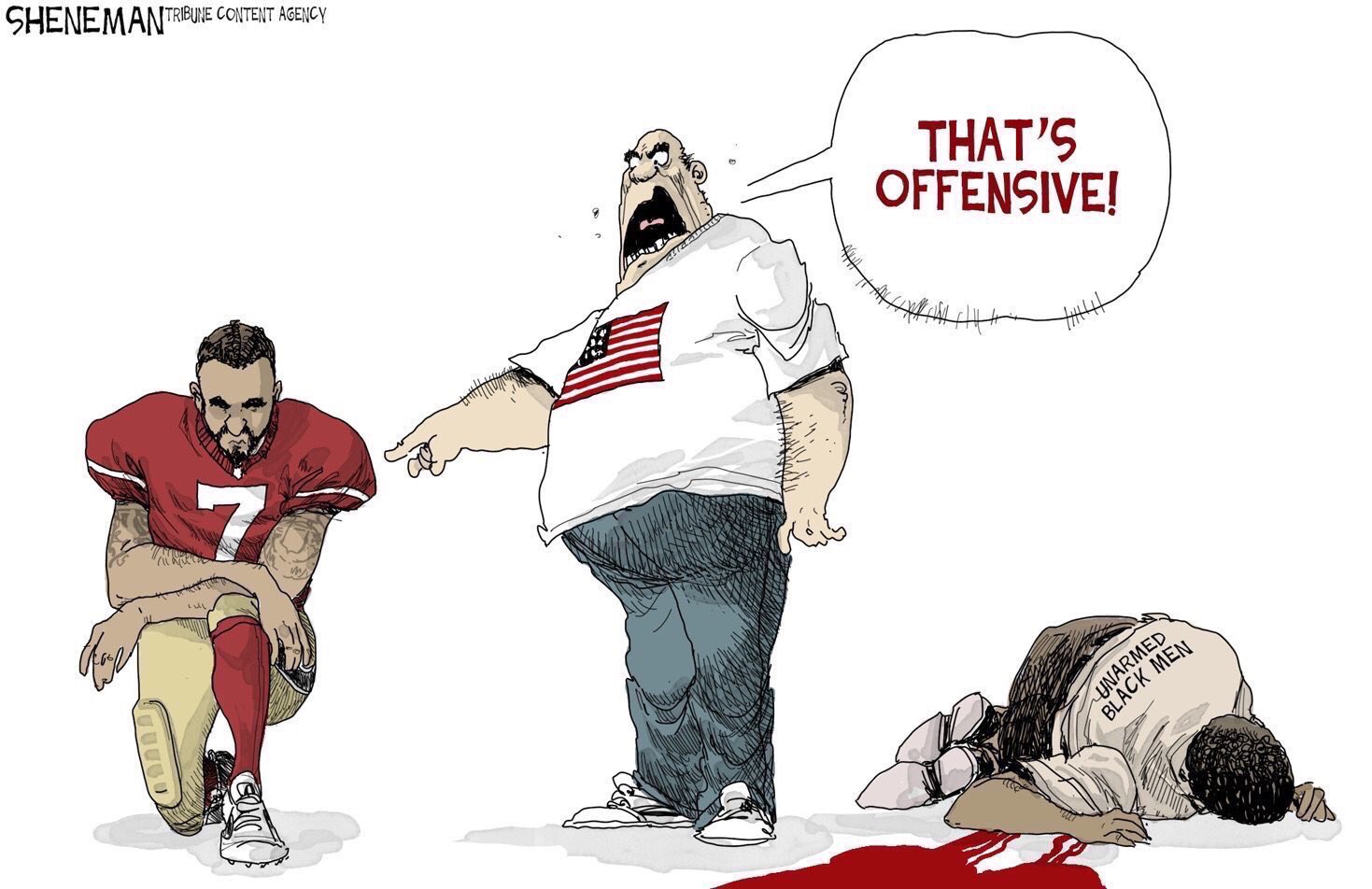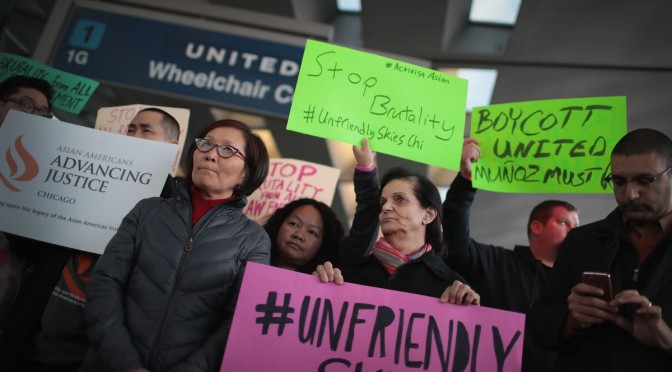Open letter to Black Churches, Organizations, and their members
My late uncle, Dick Gregory, frequently declared that "The black woman and the black church are the two most powerful forces in the history of America." Black women are exercising their power, St. Louis' most visible examples are newly elected US Representative Cori Bush and the progressive St. Louis prosecutor Kimberly Gardner. It's way beyond time for the Black Church to assert its power!
I am the author of "Legal Research for Non-Lawyers," and maintain a free self-help legal information site that provides practical resources to help people help themselves. The site and its content are targeted primarily to Black people who can't afford an attorney, however, all visitors are welcome. Lack of legal knowledge and representation are among the black community's greatest obstacles.
I began publishing Court.rchp.com shortly after the 2014 murder of Michael Brown. Although I don't hold the power associated with monetary wealth, I am exercising the individual powers that I do have; time, information, and the ability to publish and reach out to others.
While exercising those powers during a recent research project, a disturbing pattern of institutional racism negatively impacting your members was revealed. Enterprise Rent-A-Car has been accused of not renting luxury cars to African-Americans and instead use tactics to convince them to take lower-level vehicles.
Enterprise is not alone, many of the companies your members patronize practice the same sort of subtle racism. While drafting this letter, a news story aired in the St. Louis area about black women being refused dine-in service at a local Waffle House. However, white customers were allowed to dine in.
When my 92-year-old father saw the Waffle house news story, he stated, "White companies always use black people to clean up their messes", referring to the Black Waffle House Vice President defending the company against racial discrimination claims. I couldn't help but check out Enterprise Holdings Executive Officers and as expected, the only Black Executive was their Diversity Officer.
Earlier this year, we also had an issue with State Farm Insurance company where racial discrimination may have played a part. We believed State Farm was charging us more than similarly situated white drivers and they had planned to unfairly cancel our policies. A formal complaint was filed with the Missouri Department of Insurance and State Farm rescinded the cancelation notice.
A Gallup Poll released last month, asked African Americans whether they had been treated unfairly in the last 30 days.
- 35% report mistreatment while shopping in a store
- About one in five reports unfair treatment in other situations
- 54% of Black Americans report unfair treatment in at least one situation
- Reports of mistreatment higher among Black than Hispanic Americans
Acceptance of subpar treatment invites increasing amounts of racialized mistreatment which ultimately leads to deadly encounters with white citizens and police officers falsely claiming self-defense and being believed.
Two of the largest black church organizations, The National Baptist Convention USA, Inc. and The Church of God in Christ (COGIC) together have over 43,000 congregations with over 12.5 million members in the United States, with millions more in other denominations. Black Americans have an estimated buying power of $1.3 trillion and donate a higher share of their wealth than Whites. If Black America was a country, we would be the 15th largest country by GDP, between #14 Spain and #16 Mexico. Black households on average give away 25 percent more of their income per year than Whites. Black churches take in an estimated $12-13 billion per year, an amount larger than the GDP of 74 nations. Before the pandemic, these two organization's yearly conventions contributed hundreds of millions of dollars to their host cities' local economies. In addition to church donations, nearly two-thirds of Black households donate to community-based organizations and causes, to the tune of $11 billion each year.
The combined membership and financial resources of black church congregations can be a powerful force in the fight against racial discrimination. When people discriminate against us they don't care whether we're Baptist, Catholic, Cogic, AME, Jehovah's Witness, Nation of Islam, or any other denomination, to racist, we're all just black.
Racists have been using a divide and conquer strategy against us for centuries. During slavery, it was field vs house slave, dark vs light-skinned. Divide and conquer is a strategy of maintaining power by breaking up larger concentrations of power into pieces that individually have less power than the one implementing the strategy. The strategy includes causing rivalries and divisions to prevent smaller groups from linking up to break up existing power structures. Racist institutions have perfected and modernized their methods. However, in the digital era, we're still using the same strategies employed during the 1960s. During the George Floyd protest, the Federal Government targeted Black Lives Matter leaders for prosecution.
As Malcolm X so aptly declared in his 1964, "Ballot or the Bullet" speech, "though Islam is my religious philosophy, my political, economic, and social philosophy is Black Nationalism"…"if we bring up religion we’ll have differences; we’ll have arguments, and we’ll never be able to get together."
Black Faith Union
The combined leaders of your organizations should consider forming a Black Faith Congress (BFC), similar to how African countries formed the African Union (AU). The BFC could even collaborate with black fraternities, professional, and social justice organizations and request membership to the Diaspora Division of the AU. Representatives from participating black denominations could present ideas to form a national strategy to combat the evil that is racism. The BFC could develop a national racism database to record instances of discrimination to reveal which companies and institutions demonstrate a clear pattern of racist policy. Organized sanctions, whether in the form of a boycott, lawsuit, or some other punitive action could be imposed.
The Black Faith Congress or whatever name is chosen could also help formulate a black economic game plan. The BFC could also create a national online database of black talent and black businesses. How many times does one of your members have the solutions to another member's problems, but they have no medium to connect?
You probably have many members with underutilized IT and website development skills that would be happy to work on such a worthwhile project. They might even be able to develop a Black Church peer-to-peer app similar to Uber, Turo, or Airbnb. The possibilities are endless. If the BFC started a credit union or insurance company, I would certainly join.
Religious organizations pay no income taxes for businesses they own if they can show that the business furthers the objectives of the religion.
Funding for such a project could be simple. If each of your member congregations contributed just $25 per month to fund the BFC, in just one year they would have over $12 million to work with. If every congregation member contributed a single dollar each month, that would be over $150 million per year. Member organizations could hold fundraisers to purchase shares in the BFC. BFC shares should be restricted and only made available to your member congregations. Too many of our most promising and valuable assets, BET, Motown, and Johnson Publications (Ebony & Jet) among others for example are now white-owned and controlled. The BFC over time would then pay dividends back to the member congregations.
Additionally, charitable contributions from corporations should be denied, because donations can be used as control mechanisms. If you're dependant on racist corporations for funding, it might prove difficult to call them out on their racism. "Beware of strangers bearing gifts!"
The Internet has provided an opportunity for global reach. The pandemic has forced many of your member congregations to begin streaming their services. Zoom and other similar technologies have eliminated the need for the BFC to regularly meet in person reducing potential travel expenses. The members of your congregations are among the most talented people on the planet. The black church is synonymous with music, praise dance, and drama. Just about every major black artist has shared in interviews that their talent was developed in the black church. However, the black church doesn't receive any financial benefit from the talent they helped to develop. There should be BFC recording studios and movie production crews. People are shooting movies on iPhones. The BFC wouldn't even have to worry about distributions because many of their member congregations have quality screens and sound systems and could become part-time movie theatres.
Tyler Perry, a well-known member of the Black Church, owns the largest film production studio in the United States. The BFC could partner with Perry to create content. Earlier this year, Tyler Perry asked the Black Church what good are you? The BFC could reach out and show him. The BFC could organize and monetize the church's talent into streaming content. They could start by creating a YouTube channel but work to ultimately create its own streaming service that the Black Church controls. How about a show similar to Shark Tank where black church members pitch business ideas to the BFC to fund. The BFC could get a percentage of ownership in the business. Religious organizations pay no taxes on their investments, whether from interest they earn on their investments or in capital gains.
Keep in mind, the Catholic Church is the Biggest Financial Power on Earth. The Vatican has a large number of shares in the most powerful international banks and corporations such as Gulf Oil, Shell, General Motors, General Electric, International Business Machines, etc. They own over 177 million acres of land and that may not include the hundreds of thousands of schools, hospitals, and other special use properties. Catholic churches pay a tax to the Vatican every year.
The BFC if properly executed and managed could bring in billions in additional revenue while also providing valuable service to the community.
In addition to making the private sector accountable, the BFC could create a police misconduct database where members report incidents of racial discrimination and other law enforcement misconduct. Police would no longer be able to hide their miscount reports, at least those made by your members. Those officers could be held accountable and a tool would exist to help identify and eliminate them.
Black church members
My parents were Catholic, my wife's family Pentecostal, my son is an ordained Baptist minister, and I have had close friends that are Muslim or Jewish. They are all kind and loving people who worship the same God, however, they simply have different customs and varied in ideology. Don't allow our difference in faith prevent us from working together to achieve a common good.
An email to some of the largest Black Organizations and Churches will be sent inviting them to freely use these ideas. Share this letter with your church if you believe in this concept. If you're a member of an association of Black Teachers, Black Lawyers, Black Doctors, or a member of a Black Greek, Black Professional, or Black Social Reform organization urge your organization to reach out to form associations with the other organizations. Competition for donations, grants, and other subsidies have divided many Black Organizations. The BFC could function as an affiliate organization similar to United Way serving Black Churches and Organizations.
Some sort of audit mechanism would need to be in place to control corruption. We all know there are those among us who will sell us out for opportunity.
We understand that many congregations and organizations may not be interested. Partnerships can be local, regional, or national. You don't need everyone to participate to achieve success. One hundred years ago "Black Wall Street" was destroyed, lets build another using the Black Church as a foundation. If the pandemic has demonstrated but one lesson, it's "United we stand, divided we fall!"
"Every kingdom divided against itself will be ruined, and every city or household divided against itself will not stand." – Mathew 12:25
Sincerely,
R. Randall Hill

